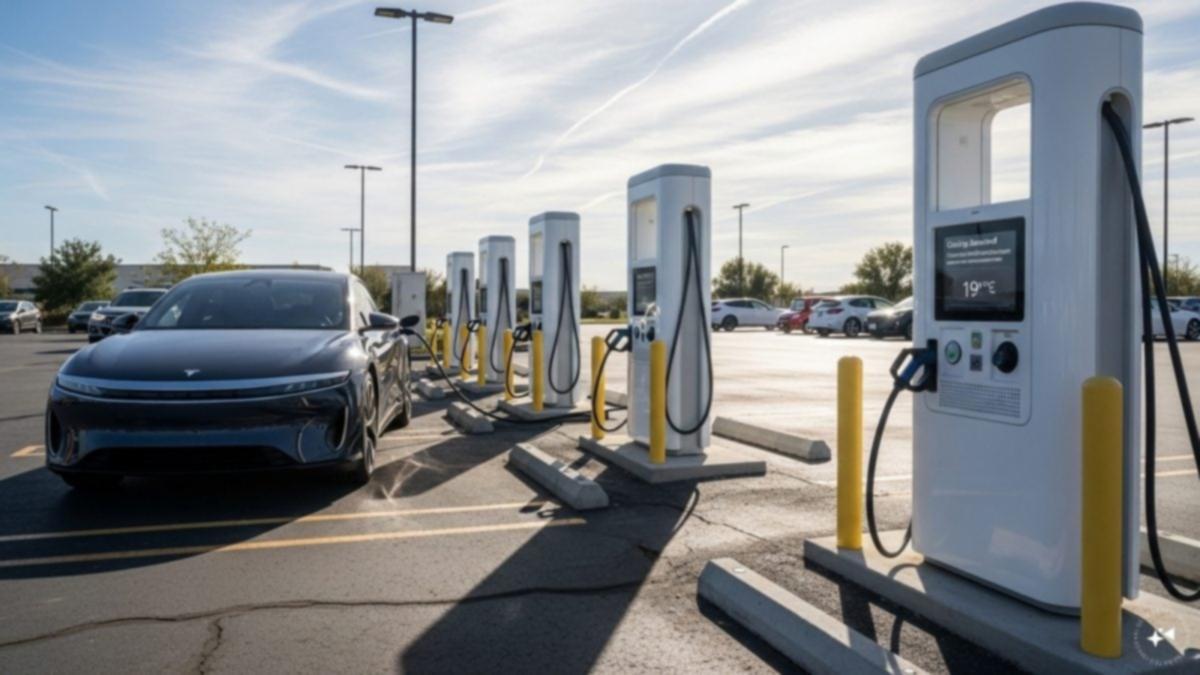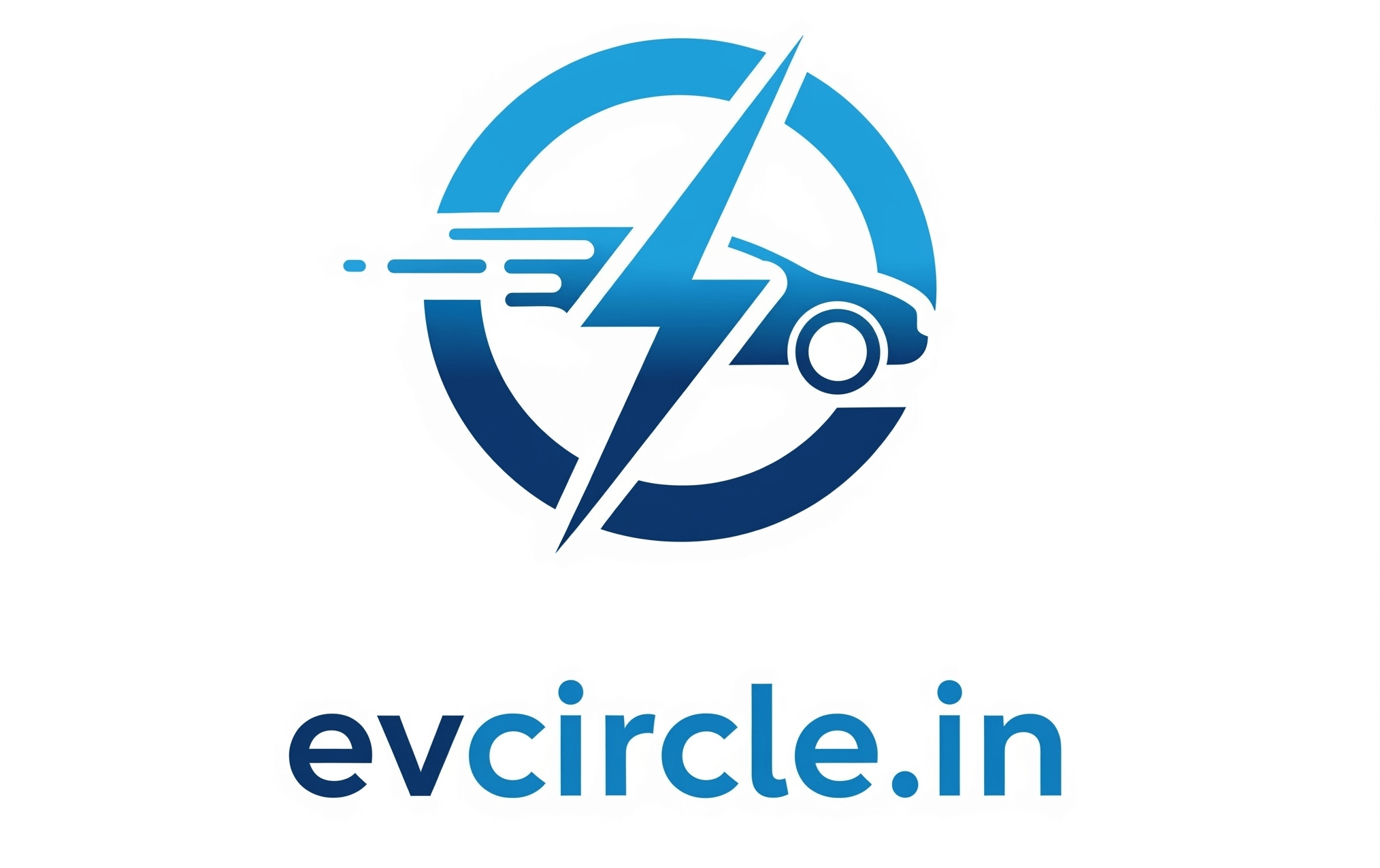
Porsche and Honda are pulling back EV plans amid weak demand and shifting policies, with Honda trimming investment and targets, and Porsche stopping Cellforce battery manufacturing.
Electric vehicle (EV) demand is easing, and the revival of Trump’s “drill, baby, drill” stance has weakened global momentum for clean energy, prompting several leading automakers to pare back their EV ambitions.
Analysts warn that efforts to reduce EV incentives and backing, particularly in the US under Trump-aligned Republican proposals, could lead to a 40 per cent fall in EV sales, delayed investments, and reduced clean-energy funding.
German automaker Porsche has abandoned plans to produce high-performance batteries through its Cellforce unit. The move reflects a “slower ramp-up” in EV uptake and “challenging market conditions” in both the United States and China.
Oliver Blume, who serves as CEO of both Porsche and its majority owner Volkswagen, said Porsche would not pursue its own battery cell production because of volume considerations and a lack of economies of scale.
Honda has likewise adjusted its electrification plan. It has lowered its goal of EVs comprising 30 per cent of global sales by 2030 to nearer 20 per cent, citing sluggish worldwide EV uptake and market uncertainty.
Honda is cutting its planned electrification investment by 3 trillion yen ($21 billion), to 7 trillion yen ($48 billion).
Honda, the maker of the Civic and Accord models, will instead be more aggressive in building hybrids, said Honda Motor Co. chief executive Toshihiro Mibe.
Honda’s leadership attributes the shift to weak EV sales, shrinking market share, and the rollback of US green-tech subsidies — factors that are compressing profits and margins.
As one of the world’s largest carmakers rethinks its EV trajectory, others are likely to follow. See also: Why Delhi’s Electric Vehicle Push Falls Short on Emissions
Auto and lifestyle writer who loves simplifying complex topics into easy-to-understand insights.

Leave a Reply